Suze Orman Says the Secret to Saving Is to Cut Coffee. But What About This Spending?

Things like avocado toast and pricey lattes have become scapegoats for personal finance foibles, often taking the blame for disappearing paychecks and woefully low emergency savings.
Personal finance icon Suze Orman recently warned -- in a very colorful way -- that a daily habit of buying coffee can wind up costing you $1 million.
But industry research has found only 36% of coffee drinkers buy their daily cup o' joe. You probably have other, bigger culprits than coffees or brunch items when it comes to impractical or needless spends.
If you’re looking to save more money or identify where all of your money goes, watch these unnecessary cost centers.
1. New cars

A new car will always be a money loser.
There’s a certain thrill that comes with driving a brand new car off of the lot, but don’t let the intoxicating scent of "new car" cloud your judgment.
Your new set of wheels is likely to depreciate 20% within the first year of ownership and 40% after five years, says Carfax.
It’s understandable that you still need to get where you’re going, so consider buying a used car with low mileage that's coming off a lease.
Nearly all automakers offer certified pre-owned options, which means your used car purchase is backed by warranties and roadside assistance packages similar to those extended to new-car buyers.
2. Premium gasoline
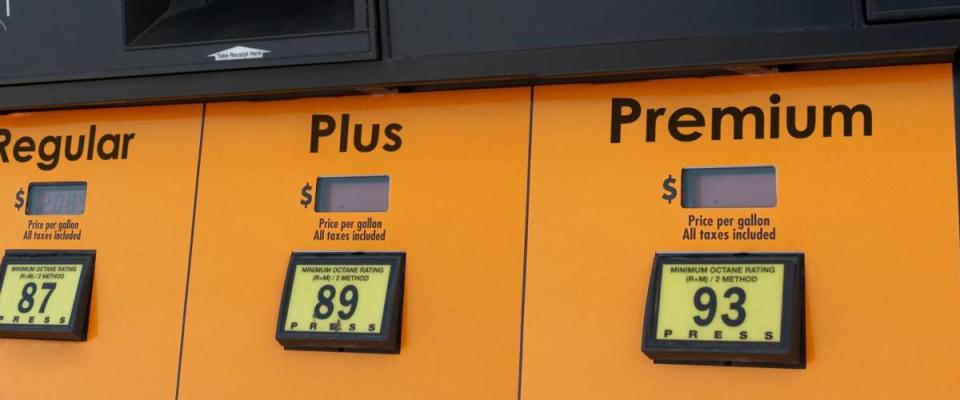
Your car doesn't need premium.
Shelling out extra money to fuel up your car with premium, to extend the life of your ride? That's flawed logic.
Some 16.5 million Americans each year buy into the myth that their cars run better on more expensive gas, reports AAA, and those unnecessary upgrades waste $2.1 billion annually.
Fueling your car with regular doesn’t mean you love your car any less, and unless your owner’s manual explicitly states your car’s engine needs premium, you’re flushing your money. For additional savings at the pump, always use a cash-back credit card when you fill up.
3. Rental car insurance

Don't buy insurance at the rental car counter, because you probably have some via your credit card.
To the risk averse, there’s no such thing as being too protected or too insured.
But before sign your name to carry pricey rental car insurance on your next road trip, investigate if your credit card provides rental coverage against theft, accidents and towing costs.
It's one of the common credit card perks you may not be aware of, so when the hard sell for insurance comes at the rental counter, know that the coverage will likely just duplicate what you already have.
4. Name-brand prescriptions

Always ask the pharmacist for generic versions of your prescriptions.
One of the biggest cost drivers in health care is prescription drugs.
The next time you’re at the drugstore, ask the pharmacist if there’s a generic medicine available at a lower cost.
You’ll have peace of mind knowing that cheaper generics must perform the same as the brand-name medicines they copy. That's required under stringent Food and Drug Administration regulations.
5. Paper towels
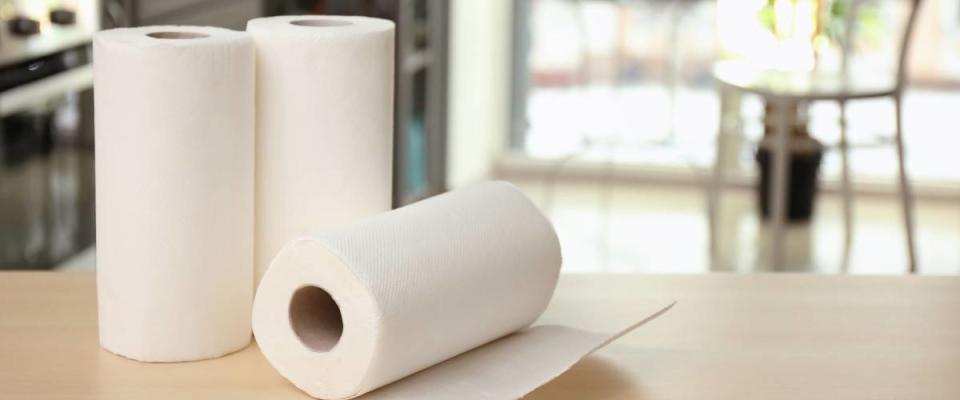
Break the paper towel habit -- and save.
Spills happen, and paper towels are a handy remedy for messes — but that convenience comes at the environment’s expense.
Ditching wasteful paper towels in favor of reusable dish towels and washable napkins is the way to go if you want to do something about your paper consumption.
A roll of Bambooee, a brand of reusable towels made from bamboo, can be washed up to 100 times and replace up to 429 rolls of paper towels. Want more MoneyWise? Sign up for our weekly newsletter.
6. Lottery tickets
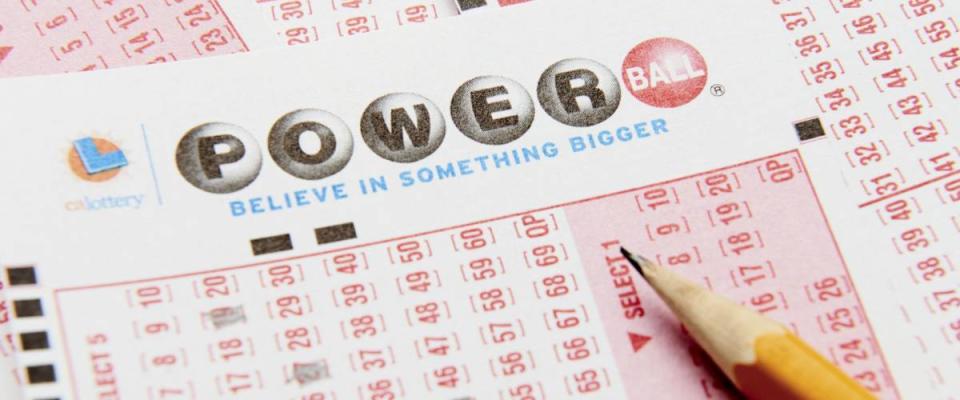
You think you're going to win the lottery? Good luck!
Before you start picking out the color of curtains on the new Jetstream trailer you plan on buying with the millions you win in the lottery, face facts.
Many Americans spend hundreds of dollars a year hoping to win a big, fat lottery jackpot, but the possibilities are greater that you’ll get murdered at the Grand Canyon or have quintuplets without the intervention of fertility drugs.
No matter how much you think luck is on your side, plunking down portions of your paychecks to buy lottery tickets is a lost cause, and never a substite for smart retirement planning.
7. Unnecessary laundry products
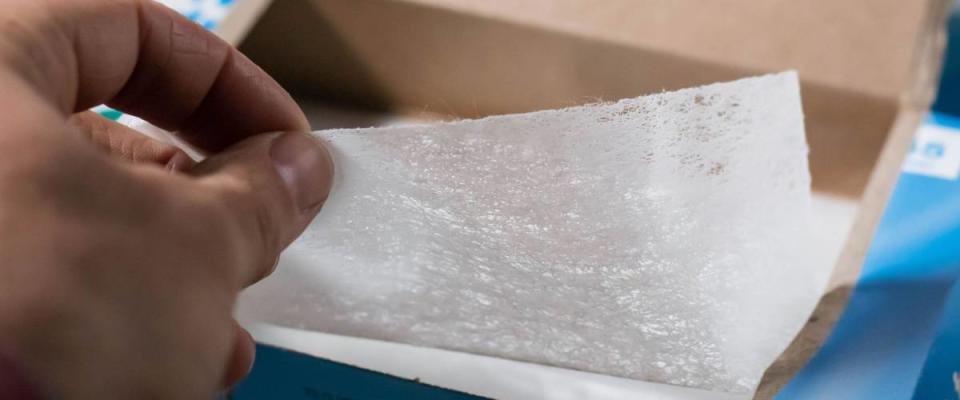
Your clothes will be just fine without dryer sheets.
In theory, household laundry products like dryer sheets and fabric softener sound like necessary equipment. In reality, the laundry industry is ripe with superfluous items that have been marketed as indispensable.
All you need for bright, fluffy clothes is a top-grade detergent — and with a high-efficiency washing machine, you don’t even need that much soap.
Tough stains and lingering smells can be quashed using nontoxic white vinegar and lemon.
If you really want to be eco-conscious, forgo using the dryer and opt to line-dry. Then, you can take the savings from your electric bill and grow it in a high-interest savings account.
8. Gym memberships you don’t use

Your gym membership is a waste of money.
You may have started the new year with the highest of hopes of getting in shape, but if you haven’t set foot inside your gym or you only visit to sit in the sauna, it might be time to get honest with yourself.
If you want to recommit your pledge to working out, consider free or low-cost fitness activities like walking, running or cycling. Or, you can download fitness apps with programmed workouts you can complete at your own pace.
If you have upcoming travel plans or know you’re heading into a busy season at work, tap your gym's manager and ask if you can put a temporary freeze on your membership dues.
9. Sale items

Don't get sucked in by sale prices.
Buyers on a budget often get blinded by the glimmer of a sale or deal. It may seem counterintuitive, but buying something just because it's on sale isn't saving you any money.
The next time you’re contemplating making a purchase simply because it’s on sale, ask yourself if you'd buy it if it were full price.
If you want to remove all temptation and the smell of a sale, unsubscribe from promotional retailer emails. And, choose a credit card that will essentially reward you with everyday savings.
10. Prepared food
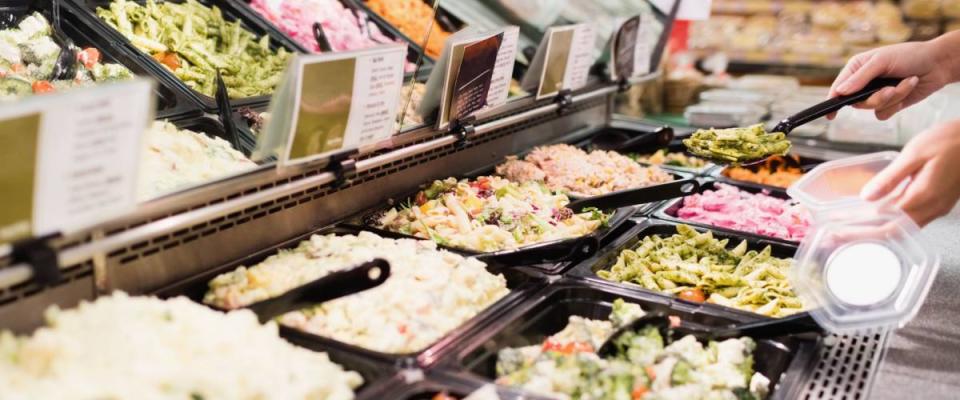
Prepared foods are overpriced and loaded with salt
Buzzing around the grocery store while hungry is a financial disaster waiting to happen.
In an effort to get dinner on the table fast, you toss a heat-and-eat meal into your cart and carry on — without realizing you’re likely to pay almost twice as much versus buying the meal’s ingredients separately.
Paying a premium for quick-meal convenience isn’t doing your health any favors, and Consumer Reports has found that prepared foods contain astonishing amounts of salt.
Join our mailing list! You’ll get the latest financial tips and news, straight to your inbox.

